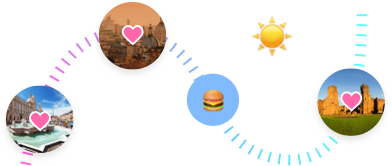














































































































































































































































Lake Baikal is a lake in southern Siberia, divided between the territories of the Irkutsk oblast and the republic of Buryatia. It was placed under the protection of UNESCO as a World Heritage Site in 1996. It is on the list of Seven Wonders of Russia.
Lake Baikal is the largest freshwater lake by volume in the world, containing 22–23% of the world's fresh surface water. With 23,615.39 km3 (5,670 cu mi) of fresh water, it contains more water than the North American Great Lakes combined. With a maximum depth of 1,642 m (5,387 ft), Baikal is the world's deepest lake. It is considered among the world's clearest lakes and is considered the world's oldest lake – at 25–30 million years. It is the seventh-largest lake in the world by surface area. Baikal is home to thousands of species of plants and animals, many of which exist nowhere else in the world. The lake was declared a UNESCO World Heritage Site in 1996. It is also home to Buryat tribes who reside on the eastern side of Lake Baikal, raising goats, camels, cattle, sheep, and horses, where the mean temperature varies from a winter minimum of −19 °C (−2 °F) to a summer maximum of 14 °C (57 °F).The region to the east of Lake Baikal is referred to as Transbaikalia, and the loosely defined region around the lake is sometimes known as simply Baikalia.